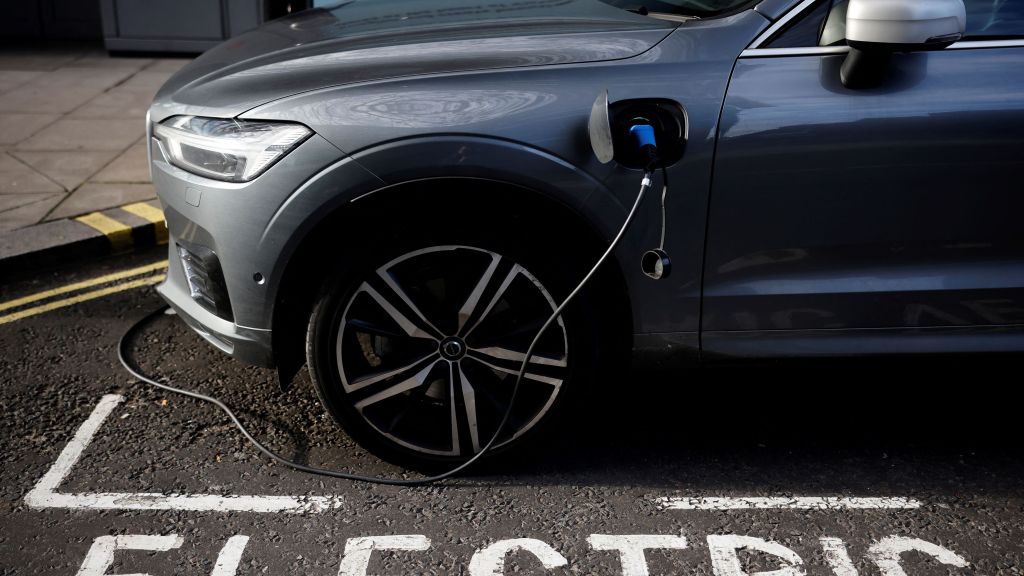Volvo Revises Plans to Focus Solely on Electric Vehicles by 2030
Volvo, the Swedish automaker known for its dedication to sustainability, has announced a significant shift in its strategy, deciding against its earlier commitment to exclusively sell all-electric vehicles by 2030. This move highlights a broader trend of declining growth for electric vehicles worldwide.
Volkswagen, another major European car manufacturer based in Germany, has also indicated that it may need to reduce its workforce in response to anticipated lower demand, following changes in the market influenced by political and regulatory policies aimed at promoting zero-emission vehicles.
Owned by China’s Geely, Volvo had positioned itself as a pioneer in the electric vehicle sector, declaring in 2017 its intention to transition completely to electric or hybrid models by the mid-2020s. In 2021, they further asserted plans to become fully electric by 2030.
However, the company adjusted its position in a statement released on Wednesday, now projecting that by 2030, at least 90 percent of its production will consist of either all-electric or plug-in hybrid vehicles, while the remaining models will include mild hybrids, which are essentially gasoline vehicles equipped with energy-saving technologies.
This reversal is a significant decision from Jim Rowan, the chief executive who joined Volvo from the tech industry in 2022, previously serving as the head of Dyson’s consumer products business.
Rowan expressed, “We firmly believe in an electric future. However, it is evident that the transition to electric vehicles will not follow a straightforward path, as customers and markets are adopting at varying rates.”
Recent challenges in the electric vehicle market are linked to growing consumer hesitation to invest in pricier zero-emission vehicles amidst rising inflation and interest rates, coupled with an underdeveloped public recharging infrastructure.
In Germany, the largest automotive market in Europe, sales of electric cars have significantly declined following the removal of financial incentives. Meanwhile, in Britain, the second-largest market for zero-emission vehicles in Europe, electric vehicle registrations have stagnated.
The uncertainty surrounding electric vehicle adoption has also influenced Volkswagen’s decision to downsize in response to dwindling consumer demand. During discussions with employee representatives, finance director Arno Antlitz indicated that the outlook for the company has shifted, prompting projections of producing far fewer vehicles than previously anticipated. “We are short of approximately 500,000 car sales, which equate to around two plants,” Antlitz stated from the company’s base in Wolfsburg.
He elaborated, “This situation is not linked to our product quality or poor sales, rather the market dynamics have changed. We have a year, maybe two, to implement changes. It’s been evident that we are investing more in the brand than we are earning, which is unsustainable in the long term.”




Post Comment